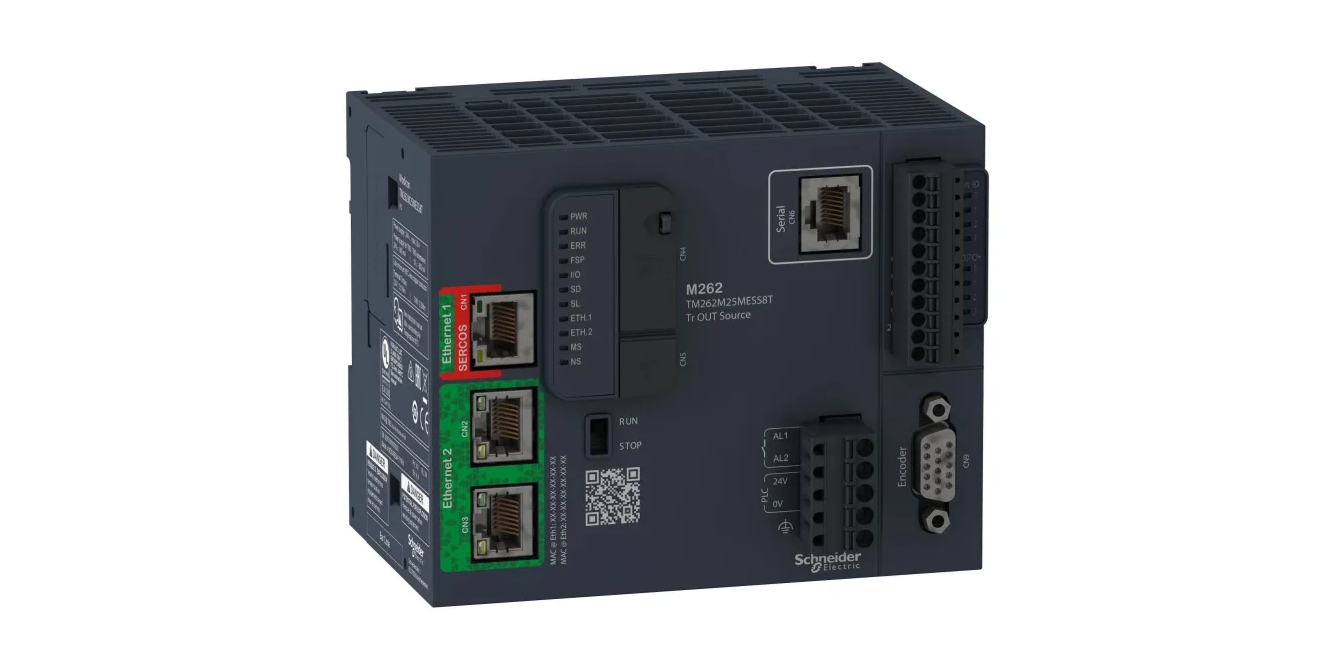Programmable Logic Controller (PLC)
Programmable Logic Controllers (PLCs) are industrial digital computers designed for
automation and control of machinery and processes. They are widely used in
manufacturing, energy, transportation, and building automation for reliable,
real-time control.
PLCs continuously monitor inputs from sensors and devices, process the data based on
programmed logic, and control outputs such as motors, valves, and alarms. Their
rugged design ensures performance in harsh environments, and their modular
architecture enables flexible system design.
Benefits With Our PLCs
Scalable and robust control solutions for diverse industrial automation
needs.
-
Real-time monitoring and control of equipment and processes
-
Flexible programming with ladder logic, structured text, and function
blocks
-
Seamless integration with SCADA, HMIs, and field devices
Our PLC systems support various I/O configurations and communication protocols
including Modbus, PROFIBUS, Ethernet/IP, and CANopen. They comply with IEC 61131-3
standards and offer high-speed processing, data logging, and diagnostic capabilities
to support Industry 4.0 initiatives.
Most Common Questions
Why use a PLC? PLCs offer dependable and customizable control for automation
systems, reducing downtime, improving efficiency, and supporting centralized data
and diagnostics across industrial environments.




